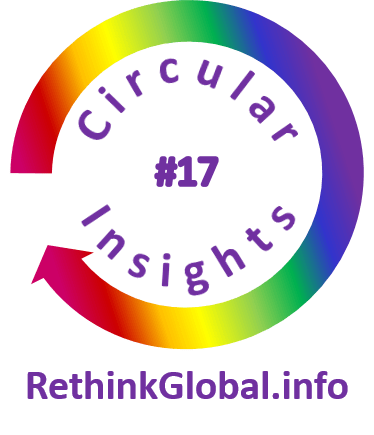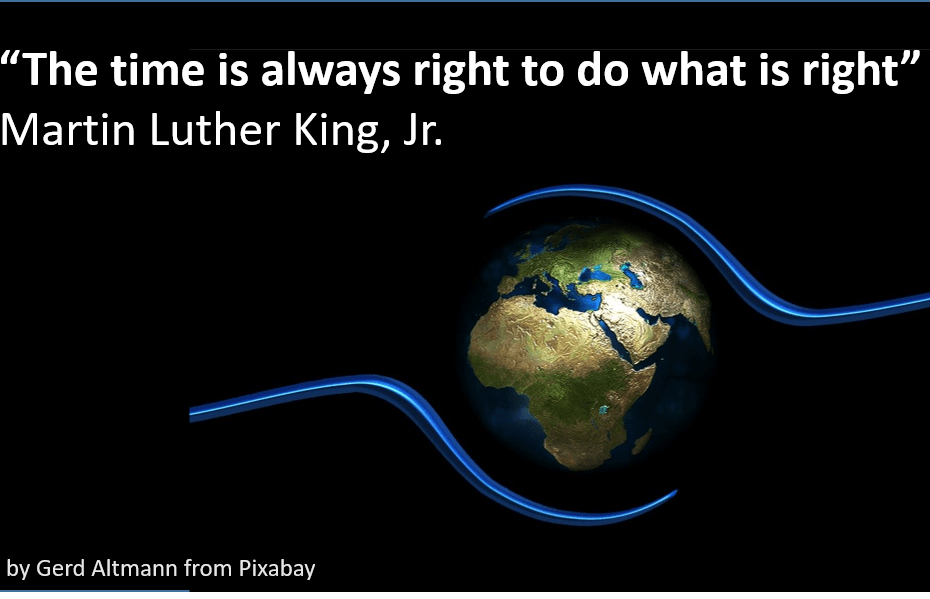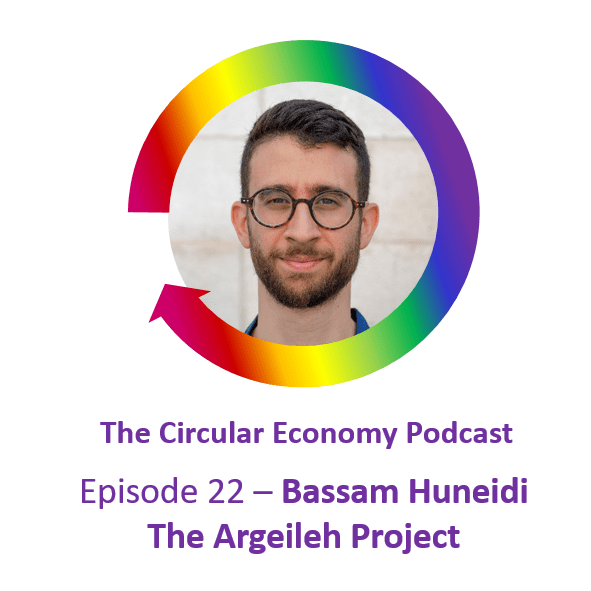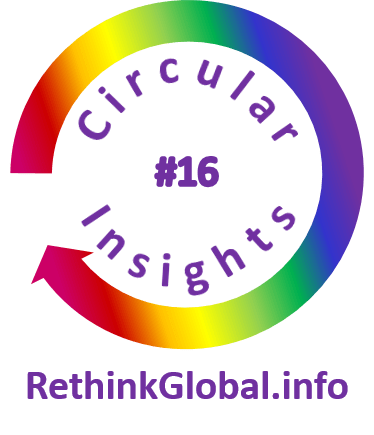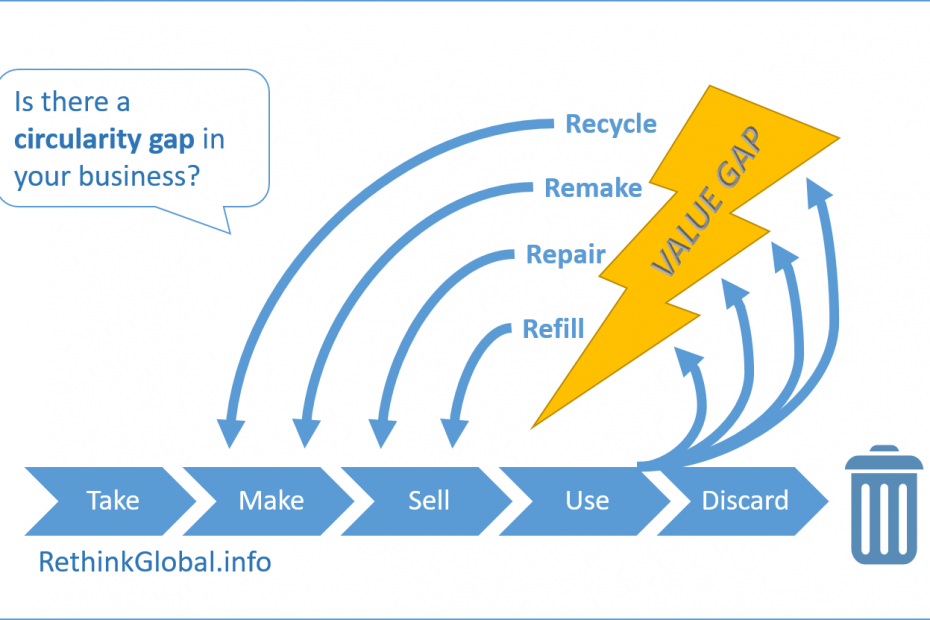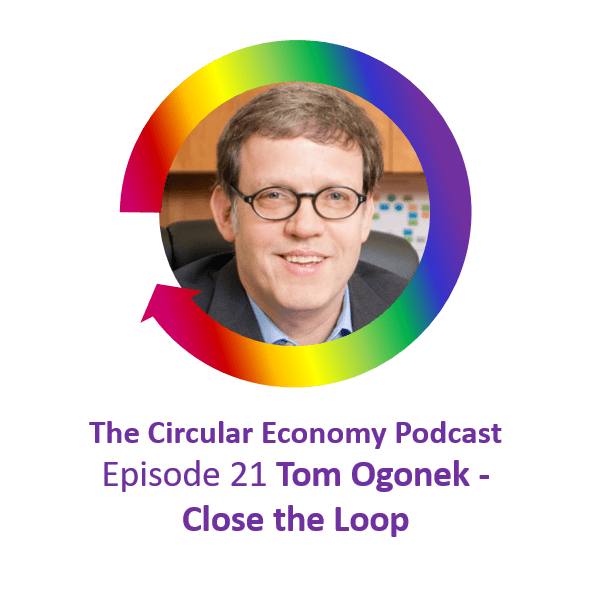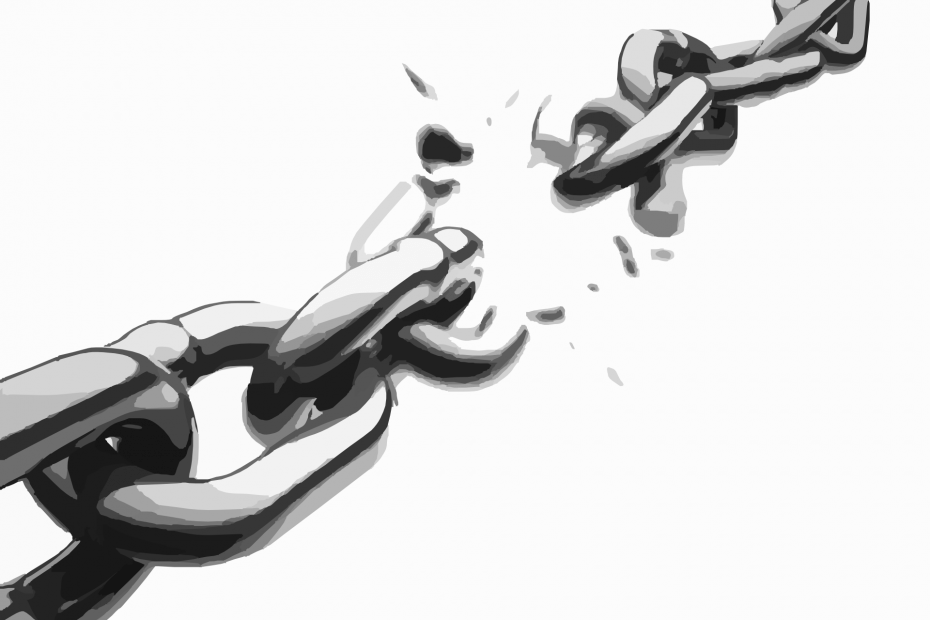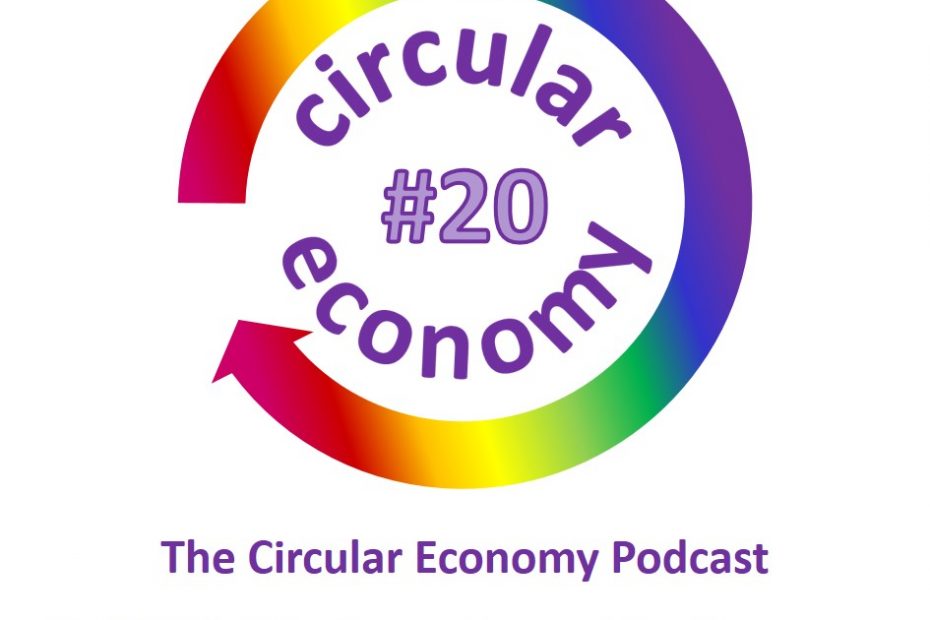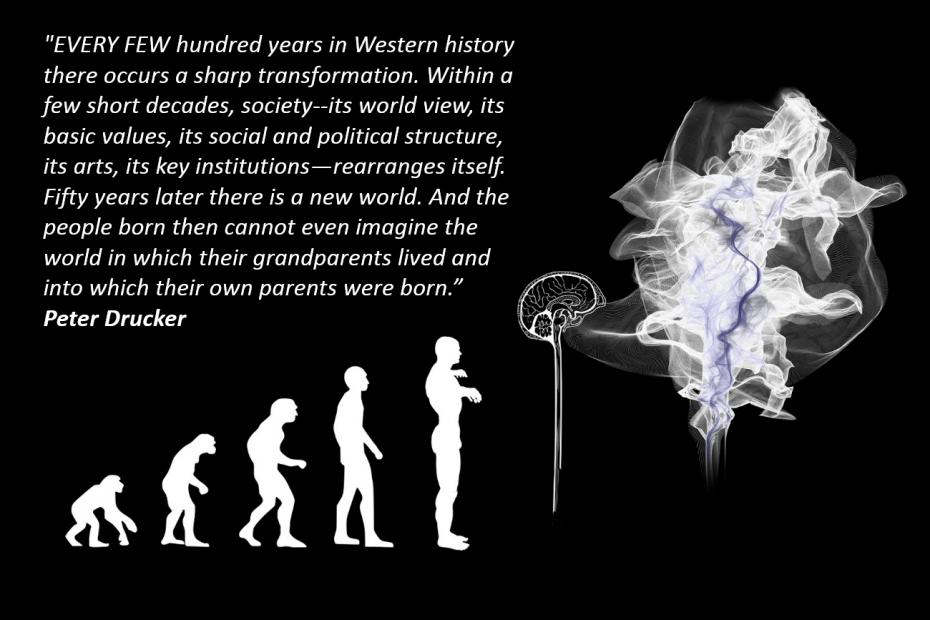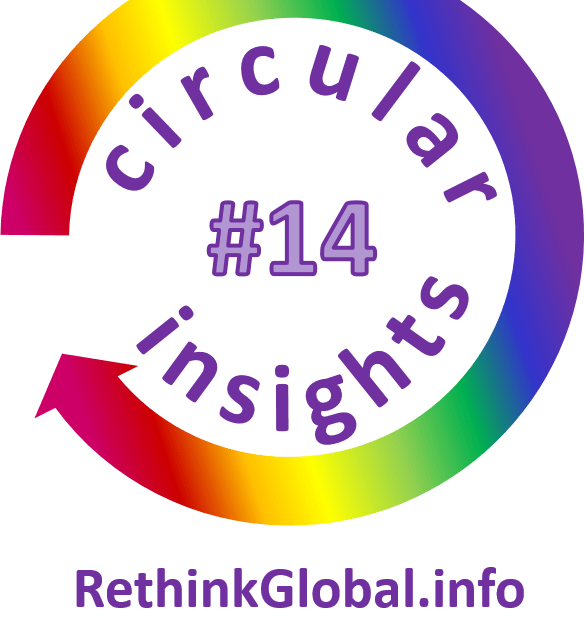Circular economy
Responsibility builds reputations
The café is an important part of the ‘social glue’ in many countries, especially those where alcohol is illegal or frowned upon. People gather to discuss the gossip – families, friends, celebrity and political happenings are discussed and even argued over, around a shared table. They may enjoy a shared experience, too, perhaps by smoking cigarettes, or in many cultures, using a hookah.
We explore some of the downsides to hookah smoking, for cafés and their customers, and find out how sustainable, circular and responsible approaches can create a better solution, helping café owners strengthen their reputations.
Episode 22 Bassam Huneidi – The Argeileh Project
We talk to entrepreneur and designer Bassam Huneidi, about his Argeileh Project. Bassam is a circular economy designer and strategist, and a graduate of the Royal College of Art and Imperial College London. We hear how Bassam plans to disrupt one of the biggest traditions in the Arab world with a zero waste alternative that is better for the environment, cheaper for suppliers and better for public health, while providing the same experience for the user.
The Argeileh Project (or TAP for short) is a subscription based service that argeileh cafes sign up to. In return, Bassam’s team take the café’s current stock of argeilehs and melt them down into TAP vapes. These vapes are designed on cradle to cradle principles, so they are easy to maintain, easy to upgrade and in the case where neither is possible, infinitely recyclable.
Circular insights #16
Close the Loop | Linear risk & circularity gaps | Circularity for human development | Happy Hustle giveaway | Hot Air
Circularity Gap Risk
#2 in our Linear Risks blog series asks whether there is a circularity gap in your value chain, leaving room for competitors to profit from your products, materials and reputation. We explain how circular approaches can close this gap and help you capture that value.
Episode 21 Tom Ogonek – Close the Loop
Episode 21 with Tom Ogonek, Co-CEO of Close the Loop Inc. Tom joined Close the Loop in 2011 and oversees all aspects of global operations, building on a background in chemistry and manufacturing, and using his environmental industry perspective plus over 20 years of valuable operations experience to drive the business forward. Close the Loop operates circular economy services in Australia, the US and Europe.
Close the Loop make it easy to take back, recover, and reuse your high value products – so they don’t end up in rivers, landfills – or on someone else’s assembly line. These circular economy recovery services help keep the value in the system, instead of leaving it on the table for someone else.
Supply chain risk
The coronavirus is already highlighting supply chain risk and creating major headaches for many businesses. How can you protect your business in the face of the next mega-disruption, whether driven by extreme weather, disasters, or even geo-politics? We explore how those businesses working towards a circular economy are mitigating these potentially fatal flaws. They aim to recover their own resources, to prioritise local supply and decentralised production, and to slow down consumption instead.
Episode 20 – How to be a problem-hunter
In this episode, we focus on the ‘how’ of making your business circular, looking at the different ways people were getting to grips with the problem they wanted to solve. We also get an update on the new subscription model for ApparelXchange, and get some ‘bonus’ circular economy examples from David Greenfield (aka Dr Resources of the Circular Economy Club London).
How do we find a linear problem that needs a circular economy solution? Bec Evans, author of How to Have a Happy Hustle: the complete guide to making your ideas happen” suggests starting with what’s bugging you, and become ‘avid problem collectors’. We look at how our guests in the last series hunted down their linear problems and got clear on what the customer needed – the ‘job to be done’ in ‘Lean’ terms.
Inclusive Capitalism – the basis of a just and fair circular economy?
We see increasing awareness amongst businesses that all key stakeholders need to be considered in directors’ decision-making. The work of Tomorrow’s Company heavily influenced changes to the Companies Act 2006, requiring boards to adopt an enlightened shareholder approach. US Business Roundtable is now promoting this approach, and B Corps encourage businesses worldwide be more inclusive, with a focus on people and planet as well as profit.
Circular Economy Insights #14
Inclusive capitalism | Circular economy behaviour change | Circularity Gap Widens | Circular Bricks | Peter’s blog, Podcast 19, Davos and more
